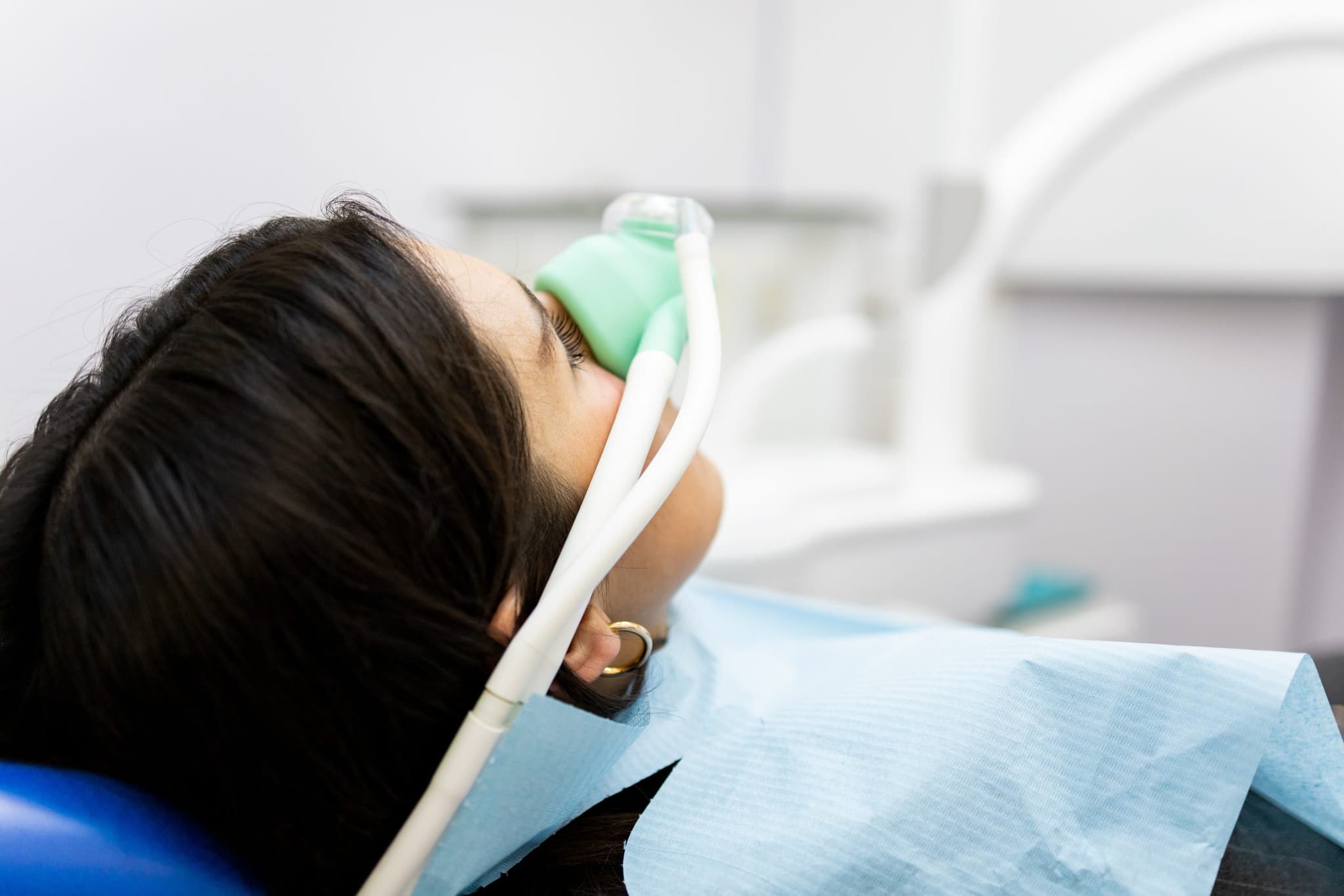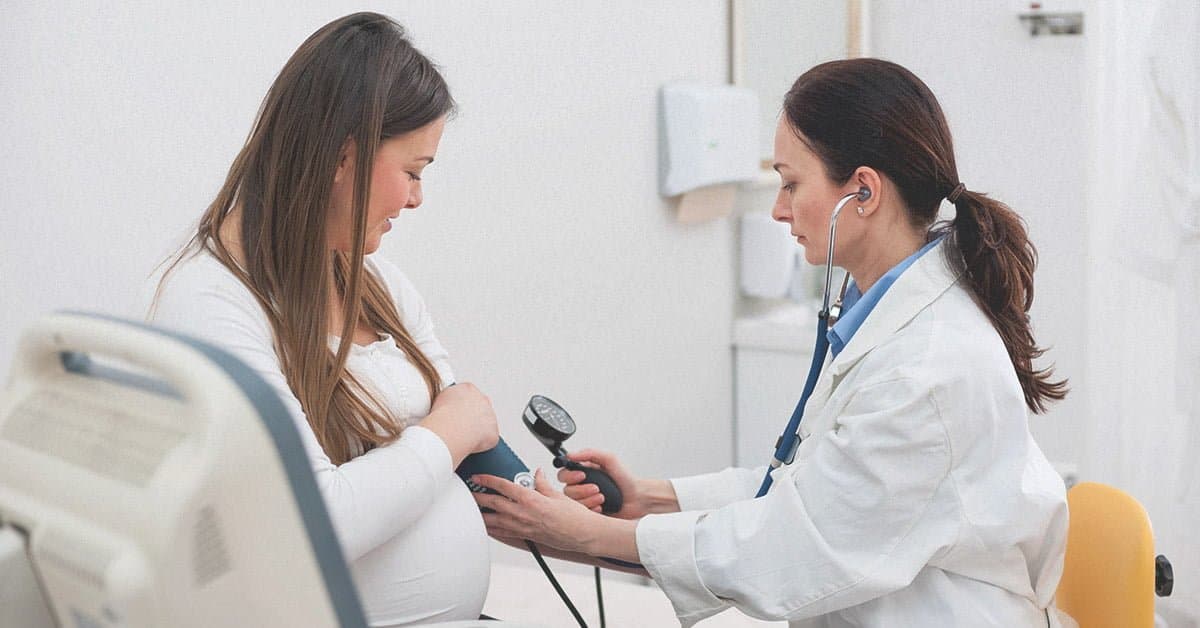
2025-12-17T17:11:43
Why OBGYN Clinics Are Using Nitrous Oxide for Pain Relief
- OB/GYN
October 2, 2019 | OB/GYN
Specialties:OB/GYN

Menstrual cycles (periods) are a result of hormone changes that activate ovulation, which is the release of eggs from the ovaries. These hormonal changes prepare the body for pregnancy and thicken the uterine lining for a fertilized egg to implant itself into the uterus. When a woman isn’t pregnant, her body reduces the number of hormones that it makes, causing the body to shed the uterine lining. This is called your menstrual cycle. When it comes to menstrual cycles, no two women are the same. Women, on average, have their menstrual period for three to seven days. The average length of a woman’s cycle is around 28-32 days.
Amenorrhea is the absence of menstruation (your period). There are two types of amenorrhea: Primary Amenorrhea: Primary amenorrhea is when your first period is late. On average, women start their period for the first time around 14-16 years old. Those who haven’t started their period after the age of 16 should consult with their doctor for treatment options. Secondary Amenorrhea: Secondary amenorrhea is when you have missed a period for three or more months in a row. There can be many different reasons why your period doesn’t occur. Your doctor can help you to determine treatment options.
Occasionally, periods can come late or don’t come at all. Although pregnancy is a common reason for missed periods, many other reasons can cause missed or late menstrual periods, including:
Amenorrhea is difficult to prevent because there are so many underlying causes of the condition. However, there are some things you can do to regulate your cycle and identify and treat amenorrhea early on. Stay healthy and have an exercise plan: The more care and attention you give to your overall health, the better your body will function. Talk to your doctor if you are either overweight or underweight to discuss a healthy exercise plan. Track your periods each month: Tracking your periods can help you identify signs of amenorrhea. It is also a great practice for those who would like to become pregnant in the future. If you are interested in tracking your menstrual cycle to identify when you are most fertile, visit the American Pregnancy Association’s website. De-stress your life: Stress can have a significant effect on your health and your menstrual cycle. Take time to look at all of your stressors and limit as many of them as you can. If this doesn’t help, reach out to family members, friends, a professional counselor or your healthcare provider.
If you are not using hormonal birth control and aren’t having regular periods, take a pregnancy test. If the test is negative, consult with your healthcare provider. If you have never experienced menstruation, your provider can help you develop a treatment plan.

WRITTEN BY:
The Live Better Team

2025-12-17T17:11:43

2025-11-21T14:10:25

2024-09-19T11:59:35

2019-12-31T15:15:01
This information is not intended to replace the advice of a medical professional. You should always consult your doctor before making decisions about your health.